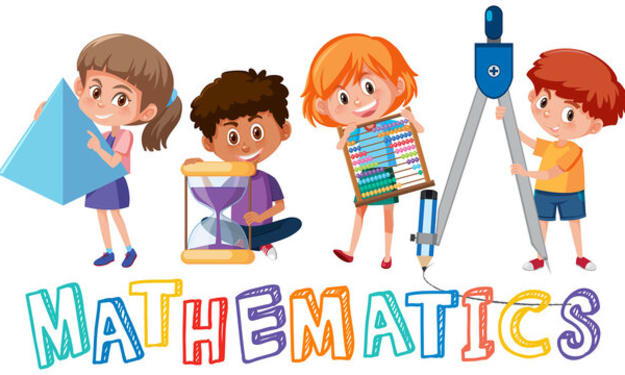Blockchain Technology: Revolutionizing Industries and Empowering the Future
Exploring the Transformative Potential of Blockchain and Its Impact on Various Sectors

In recent years, blockchain technology has emerged as a disruptive force, promising to revolutionize industries and transform the way we conduct business. This blog post delves into the transformative potential of blockchain, exploring its fundamental principles and real-world applications. From cryptocurrencies to supply chain management, let's uncover how blockchain is empowering the future.
Understanding Blockchain Technology
At its core, blockchain is a decentralized and distributed ledger technology that securely records transactions and data across a network of computers. Each transaction is recorded in a block, which contains a unique cryptographic signature, and these blocks are linked together in a chronological order, forming an immutable chain of data. This tamper-proof design ensures data integrity and transparency, making blockchain an ideal solution for various use cases.
Cryptocurrencies and Financial Transactions
The most well-known application of blockchain technology is cryptocurrencies like Bitcoin and Ethereum. Blockchain enables secure and peer-to-peer financial transactions without the need for intermediaries, such as banks. These digital currencies offer faster and cost-effective cross-border transactions, empowering individuals in regions with limited access to traditional banking systems.
Smart Contracts and Automation
Another significant aspect of blockchain technology is smart contracts. Smart contracts are self-executing agreements with the terms of the contract directly written into code. Once the predefined conditions are met, the contract automatically executes, eliminating the need for intermediaries and ensuring trust among parties. Smart contracts have applications in various sectors, from real estate to insurance, streamlining processes and reducing administrative overhead.
Supply Chain Management and Transparency
Blockchain's ability to provide transparency and traceability has made it a game-changer in supply chain management. By recording each step of the supply chain in an immutable ledger, blockchain technology enables companies to track products from raw material sourcing to end consumers. This transparency enhances product authenticity, reduces counterfeiting, and ensures ethical sourcing practices.
Healthcare and Data Security
In the healthcare industry, blockchain is transforming how patient data is managed and shared. Blockchain's secure and decentralized structure allows patients to control access to their medical records while enabling healthcare providers to access accurate and up-to-date information. This approach enhances data security and eliminates the need for centralized data storage, reducing the risk of data breaches.
Voting and Governance
Blockchain's potential to enable secure and tamper-proof transactions has led to explorations in voting and governance systems. Blockchain-based voting platforms can ensure the integrity of election results, eliminate voter fraud, and increase voter participation. Additionally, decentralized governance models powered by blockchain have the potential to empower communities to make collective decisions transparently and fairly.
Environmental Impact and Sustainability
Blockchain technology can also play a role in promoting environmental sustainability. By providing transparent tracking of supply chains and carbon footprints, blockchain can help companies measure and reduce their environmental impact. Moreover, blockchain-based carbon credit systems can incentivize eco-friendly practices and contribute to global sustainability efforts.

Blockchain technology is much more than just the backbone of cryptocurrencies. Its decentralized and secure nature is driving innovation across industries, from finance to healthcare, from supply chain management to governance. As blockchain continues to evolve, it holds the promise of a future where trust, transparency, and efficiency are the cornerstones of our digital interactions. Embracing this transformative technology will undoubtedly shape the way we conduct business and interact in a digital age that is built on trust and empowerment.
About the Creator
Enjoyed the story? Support the Creator.
Subscribe for free to receive all their stories in your feed. You could also pledge your support or give them a one-off tip, letting them know you appreciate their work.





Comments
There are no comments for this story
Be the first to respond and start the conversation.